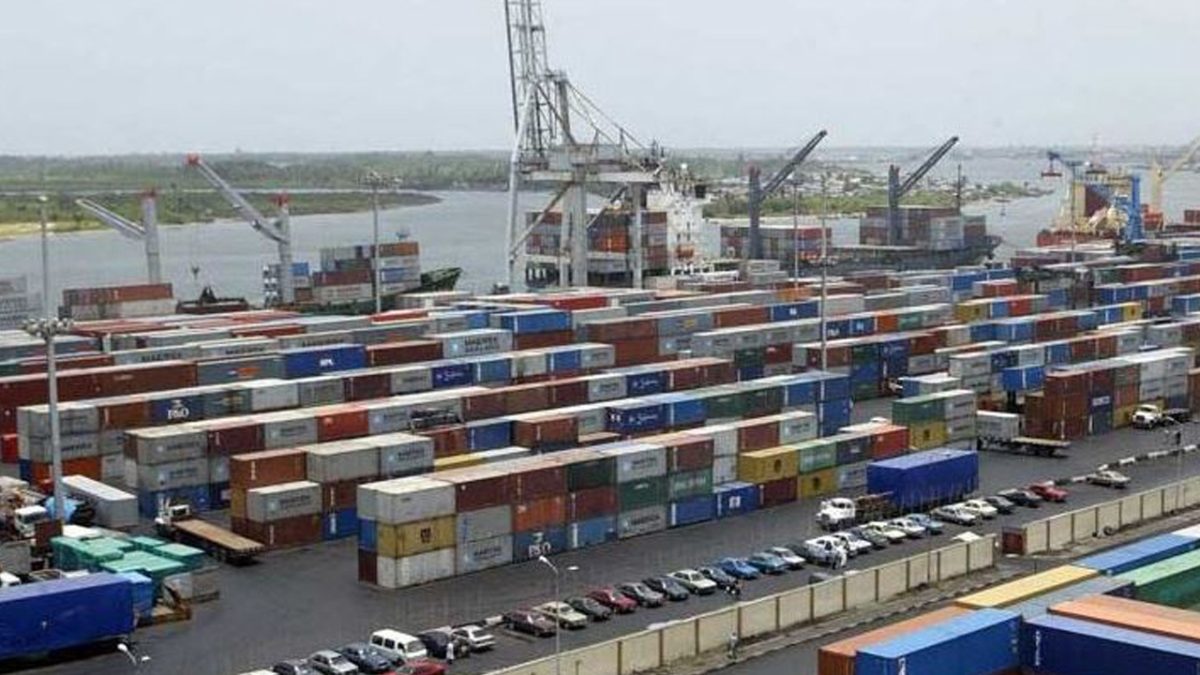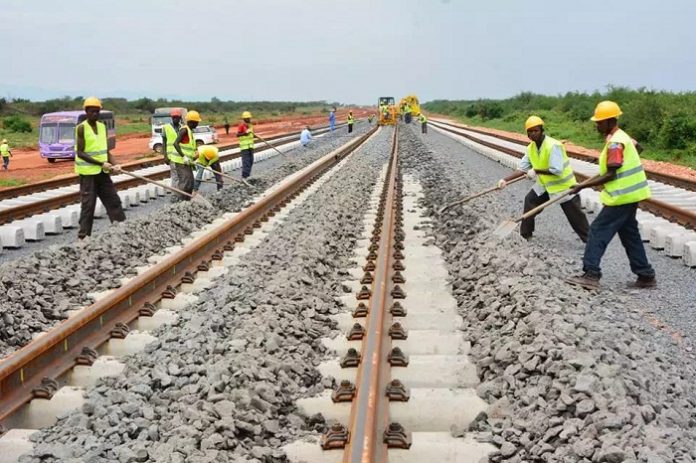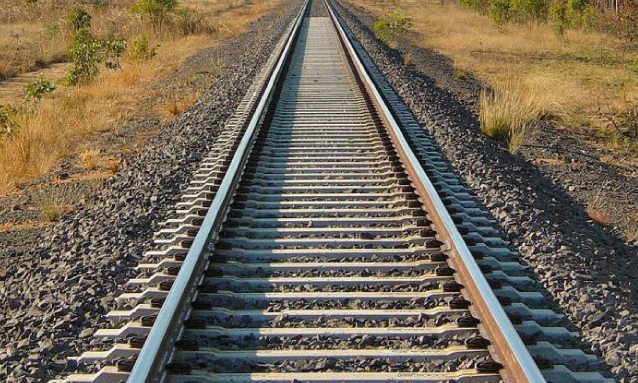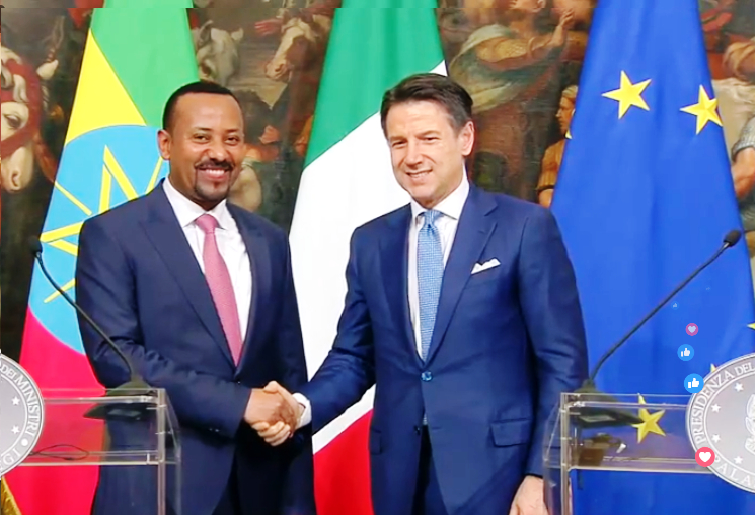

Nigeria’s President Muhammadu Buhari has committed to rebuilding infrastructure that supports multimodal means of transportation from the ports to the hinterland. President Buhari has directed the linking of major seaports in the country to rail infrastructure.
The president stated that by the end of 2021, the country will have standard gauge railway across the main North-South trading routes.
“We understand that this interconnectivity will improve the country’s economic competitiveness as targeted under the Economic Recovery and Growth plan (ERGP). So, for starters, I have directed that every port must have the complement of rail infrastructure and our projections is that by the end of 2021, we will have standard gauge railway across the main North-South trading route,” said the President.
He further added that serious attention is being given to the improvement of road infrastructure. At the moment, 25 major highways and 44 roads are under construction across the six geopolitical zones of the country.
“Just as we have insisted on the stimulation activities on our inland waterways, major inland river channels are being dredged with adequate channel markings for ease of navigation all the way through the Eastern and Northern parts of the country. That is the only way to go if we plan to remain competitive in the maritime industry,” he said.
Similarly, the Vice President, International Association for Ports and Harbours (Africa) and MD Nigerian Ports Authority (NPA), Hadiza Bala Usman, said that given the limitless potential and the concerted efforts of national leaders on the continent to explore the potential that ports bear, there could be no better time for administrators of ports across the continent to consider the best ways to improve connectivity to the hinterland whence most of the cargoes receives at ports originate.
“There is no doubt that one of the determinants factors for the relevance of ports is the speed and seamlessness with which owners of cargo are able to move their consignments out of the ports and that Africa really still has much work to do in this area,” she said.
More news
- CELEBRATING EXCELLENCE IN THE RESIDENTIAL PROPERTY SECTOR
- PART 4: GIBS PANEL DISCUSSES INTEMEDIATE CITIES ROLE IN AFRICA’S DEVELOPMENT
- EXPOSED AGGREGATE PAVERS COMPLEMENT NEW LIFESTYLE CENTRE
- GIBS PANEL EXPLORES ROLE OF INTERMEDIATE CITIES IN SA’S DEVELOPMENT PART 3
- CITI-CON’S CONCRETE KNOWLEDGE SUCCESSFULLY DEPLOYED ON NEW LANDMARK DEVELOPMENT





